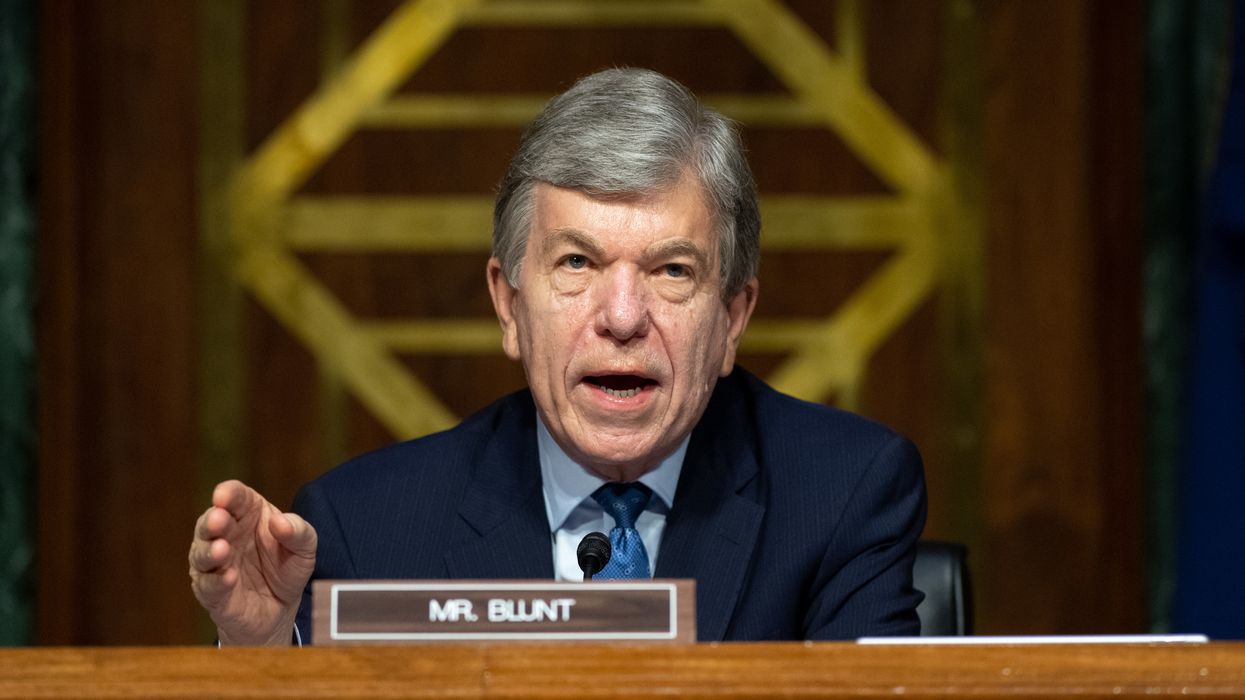Progressive groups pressed the Senate on Friday to reconvene "immediately" and approve more aid for states struggling to prepare for a presidential contest in the middle of a pandemic.
A letter from 31 left-leaning organizations to the Republican majority leadership is highly unlikely to alter the calendar, which has senators in recess next week. Instead, it highlights that election funding will be a high-profile, intensely lobbied and potentially partisan issue when Congress does negotiate its next coronavirus recovery package.
Congress allocated $400 million in March to help states conduct elections this year, an amount labeled wholly insufficient not only by voting rights groups but also by state and local election officials from both parties.
Congress is gone from the Capitol until July 20, but its leaders are in the early stages of negotiating what would be the fifth measure designed to prop up the economy and control the Covid-19 pandemic. But top House Democrats and Senate Republicans seem deeply divided over the size and scope of the new package — casting doubt it can get done before another recess now set to start in early August.
The House voted along party lines eight weeks ago to pass a $3 trillion bill that included $3.6 billion in additional election subsidies to accommodate a virtually guaranteed surge in mail-in voting, make in-person voting safer and bolster online voter registration.
The Senate GOP has made no specific counter-offer beyond an opening bid of $1 trillion as the bottom line. And the party's leaders have been vague about how much more it's willing to provide state election administrators, in part because of President Trump's blistering if false claims that easy and expansive absentee voting assures a wave of election fraud.
That could soon change. Roy Blunt of Missouri, a member of the leadership and its top negotiator on election policy as chairman of the Rules and Administration Committee, announced Friday he would hold a hearing July 22 to consider how much more funding is necessary.
But the groups who penned the letter say Congress shouldn't wait that long — and that GOP senators have already delayed too much.
"With less than four months until the November election, time is of the essence," the letter says, adding:
"It should be clear to senators of both parties that the cost of ensuring that every eligible voter can safely cast their ballot amid this pandemic is a small price to pay to preserve our democracy — but given your efforts to block this funding over the past two months, it bears repeating that this pandemic continues to threaten the very foundation of our democracy."
The missive was sent to Blunt, Majority Leader Mitch McConnell and Appropriation Chairman Richard Shelby of Alabama. It was originated by Stand Up America and was signed by groups that similarly align with the left — including Move On, Common Cause, Fair Fight Action, Let America Vote, Public Citizen and Voto Latino.
The haggling over election money will take place amid a welter of other deliberations — including the scope of a new round of direct cash payments, how to extend enhanced unemployment benefits and whether the bill should settle the new battle between Trump and many Democrats over how the nation's schools should safely reopen.




















Trump & Hegseth gave Mark Kelly a huge 2028 gift